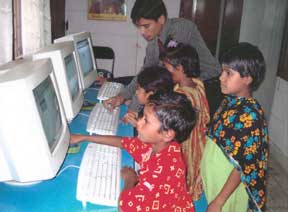 A dear friend and colleague, “Sandy,” recently accepted the role of manager of recruiting at a preeminent cultural institution in New York City. Before starting her official first day, her colleagues-to-be took her out to lunch to welcome her into the fold.
A dear friend and colleague, “Sandy,” recently accepted the role of manager of recruiting at a preeminent cultural institution in New York City. Before starting her official first day, her colleagues-to-be took her out to lunch to welcome her into the fold.
Which is where trouble struck.
During the meal, Sandy’s coworkers noticed she wasn’t eating much at all. She sensed them taking notice, and felt compelled to speak up. “I’m gluten-free,” she announced, and related her solidarity with her daughter who lives with celiac disease, and manages the condition with the whole family’s help.
Did you see that? She came out at work as a mother just then, too. Her revelations didn’t stop there.
Since this is in New York, the discussion soon turned to Broadway theater. “I love Stephen Sondheim,” she professed. “He’s dark,” a teammate responded about the American lyricist’s themes, getting a grasp on Sandy’s taste in entertainment.
A couple of days later, Sandy confided to us, “I revealed too much!” She felt exposed, and was unsure about the implications of what she disclosed to her lunch companions. She acknowledged that talking about her dietary restrictions was practical, since of course she plans to eat regularly at work. And being a mom who works is nothing extraordinary. But piling on to the mix her affections for Stephen Sondheim, she concluded, was probably too much for her new compatriots to bear.
Which got us thinking about the nature of coming out at work. Read more





